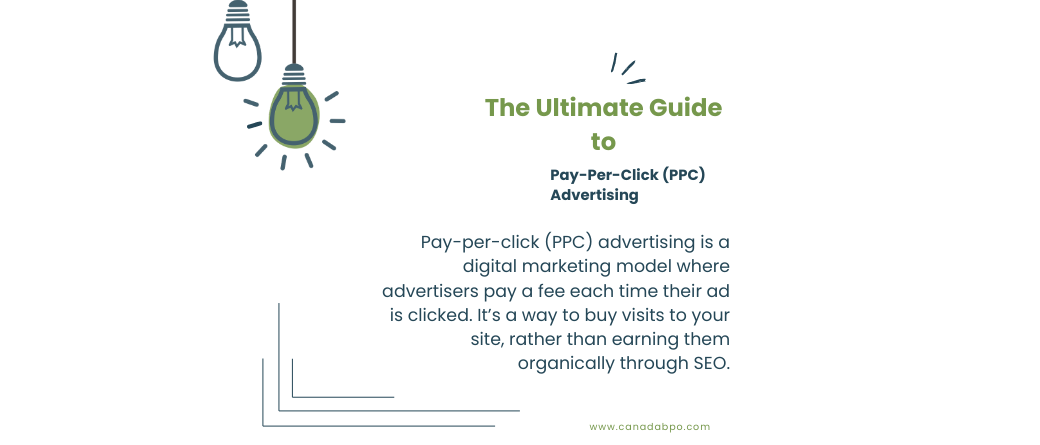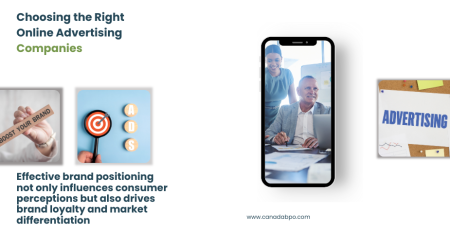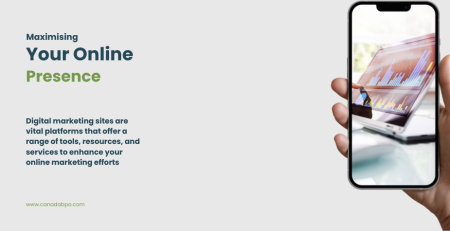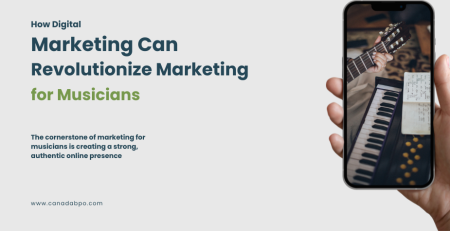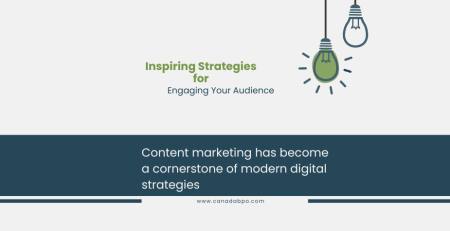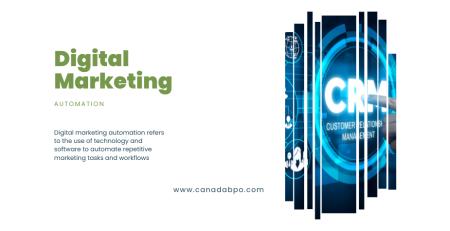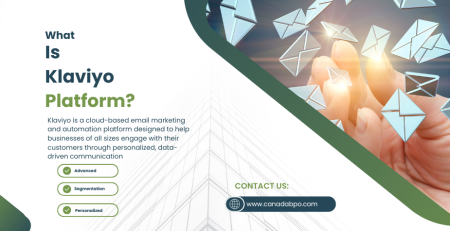In the digital marketing landscape, where competition is fierce and attention spans are short, pay-per-click (PPC) advertising offers a powerful way to drive targeted traffic to your website and achieve immediate results. Whether you’re new to PPC or looking to refine your strategy, understanding how PPC works and how to optimize it is essential for maximizing your return on investment (ROI). In this blog post, we’ll explore the fundamentals of PPC advertising, its benefits, and how to develop an effective PPC strategy.
What is Pay-Per-Click (PPC) Advertising?
Pay-per-click (PPC) advertising is a digital marketing model where advertisers pay a fee each time their ad is clicked. It’s a way to buy visits to your site, rather than earning them organically through SEO. PPC ads can appear on search engines, social media platforms, and other websites, and they are typically displayed above or alongside organic search results.
The most common form of PPC is search engine advertising, where advertisers bid on keywords that potential customers are likely to search for. Other forms include display advertising, social media ads, and retargeting campaigns.
How Does PPC Advertising Work?
PPC advertising operates on an auction-based system. Here’s a basic overview of how it works:
- Keyword Selection: Advertisers choose keywords relevant to their business that they want their ads to appear for. These keywords should match the search intent of potential customers.
- Bid Placement: Advertisers place bids on their chosen keywords, indicating how much they’re willing to pay for each click. The bid amount, along with other factors, determines the ad’s placement in the search results.
- Ad Auction: When a user performs a search query that matches your keywords, an auction takes place. Search engines use a combination of bid amount, ad quality, and relevance to determine which ads will be displayed and in what order.
- Ad Display: Winning ads are displayed to users, typically at the top or bottom of the search engine results page (SERP) or on relevant websites. Users who click on these ads are directed to the advertiser’s landing page.
- Payment: The advertiser is charged a fee each time a user clicks on their ad. This fee is based on the bid amount and the competition for the keyword.
The Benefits of PPC Advertising
PPC advertising offers several advantages for businesses looking to drive targeted traffic and achieve quick results. Here are some key benefits:
- Immediate Results Unlike organic search efforts that can take months to yield results, PPC ads can drive traffic to your website almost immediately. This makes PPC an excellent option for campaigns that require quick action, such as promotions or product launches.
- Targeted Traffic PPC allows you to target specific keywords, demographics, and geographic locations, ensuring that your ads reach the most relevant audience. This precision targeting helps increase the likelihood of conversions and reduces wasted ad spend.
- Measurable ROI PPC provides detailed analytics and tracking, allowing you to measure the performance of your ads in real-time. You can track metrics such as click-through rates (CTR), conversion rates, and cost per acquisition (CPA), enabling you to calculate your ROI and optimize your campaigns accordingly.
- Budget Control With PPC, you have full control over your advertising budget. You can set daily or monthly spending limits, adjust bids, and pause or stop campaigns as needed. This flexibility helps you manage costs and avoid overspending.
- Enhanced Brand Visibility PPC ads often appear at the top of search results or on prominent websites, increasing your brand’s visibility. This heightened exposure can help you reach a wider audience and improve brand recognition.
Developing an Effective PPC Strategy
To maximize the effectiveness of your PPC campaigns, follow these key steps:
- Define Your Goals Clearly define what you want to achieve with your PPC campaigns. Are you looking to increase website traffic, generate leads, or drive sales? Setting specific, measurable goals will guide your strategy and help you measure success.
- Conduct Keyword Research Perform thorough keyword research to identify the terms and phrases your target audience is using. Use keyword research tools to find relevant keywords with high search volume and manageable competition. Focus on both broad and long-tail keywords to capture different stages of the buyer’s journey.
- Create Compelling Ad Copy Write engaging and relevant ad copy that resonates with your target audience. Highlight the unique value propositions of your products or services and include a clear call-to-action (CTA) that encourages users to click on your ad.
- Design Effective Landing Pages Ensure that your landing pages are optimized for conversions. The content and design of your landing page should align with your ad copy and provide a seamless user experience. Include strong CTAs, clear information, and a simple conversion process.
- Set Up Ad Campaigns Structure your PPC campaigns to target different segments of your audience. Create separate ad groups for different keywords or product categories to improve relevance and performance. Use ad extensions to provide additional information and enhance your ads.
- Monitor and Optimize Continuously monitor the performance of your PPC campaigns. Analyze key metrics such as CTR, conversion rate, and CPA to identify areas for improvement. Test different ad variations, adjust bids, and refine your keyword list to optimize your campaigns and maximize ROI.
- Leverage Retargeting Retargeting allows you to re-engage users who have previously visited your website but did not convert. By showing targeted ads to these users as they browse other sites, you can encourage them to return and complete a purchase.
- Stay Updated PPC advertising is a dynamic field with frequent updates and changes. Stay informed about the latest trends, best practices, and platform updates to ensure your campaigns remain effective and competitive.
Pay-per-click (PPC) advertising is a powerful tool for driving targeted traffic, increasing brand visibility, and achieving quick results. By understanding how PPC works and implementing a well-crafted strategy, you can maximize your advertising efforts and achieve your business goals.
From selecting the right keywords and creating compelling ad copy to optimizing your campaigns and analyzing performance, effective PPC management requires careful planning and ongoing optimization. With the right approach, PPC advertising can deliver significant benefits and drive growth for your business.
